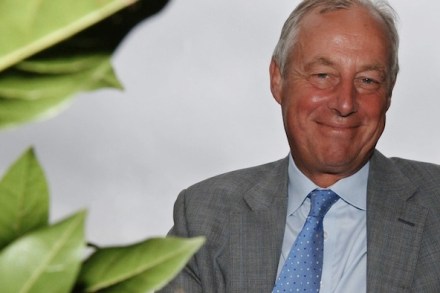Tim Yeo pulls out of media appearances after Sunday Times sting
Tim Yeo was due to appear on Sky News’ Murnaghan programme, and on the BBC’s Sunday Politics this morning. But he’s just pulled out of both interviews, where he would have been asked about the Sunday Times’ story alleging that he coached a witness to his own select committee on the right answers. Yeo denies that he behaved improperly and told the newspaper that he had never offered parliamentary advice or advocacy. What will be interesting about the fallout from this latest round of allegations is whether politicians use it to advance their own pet theories about how parliament needs reform, or whether they examine what the particular allegations were. While


















